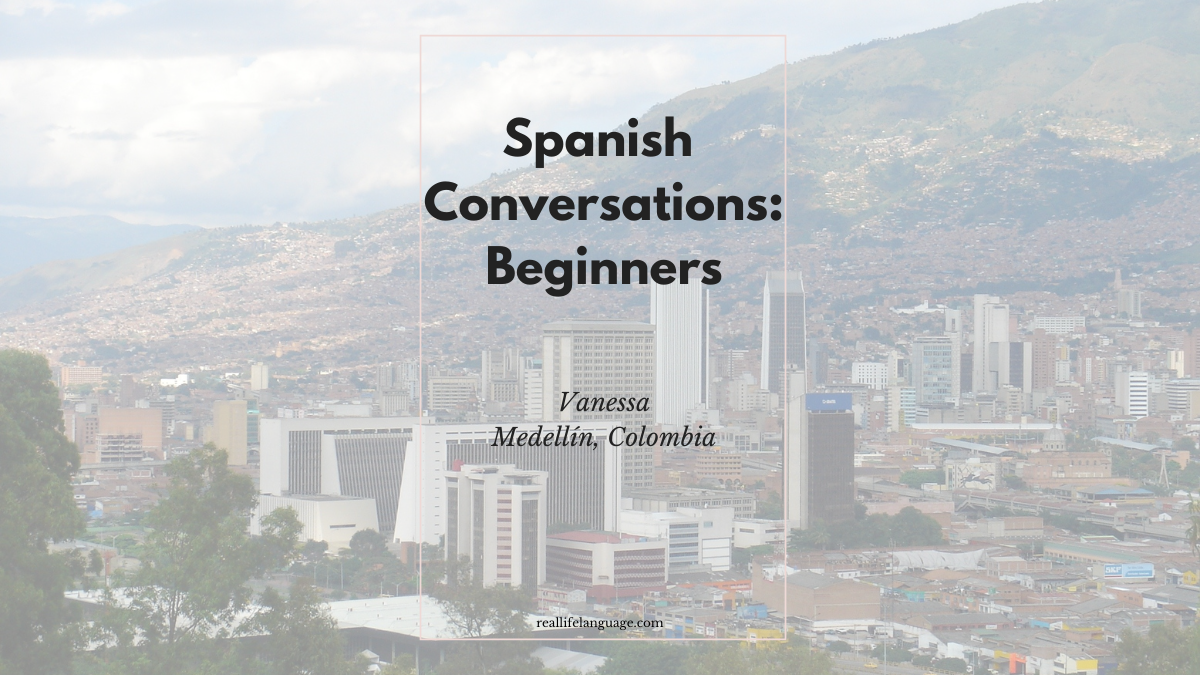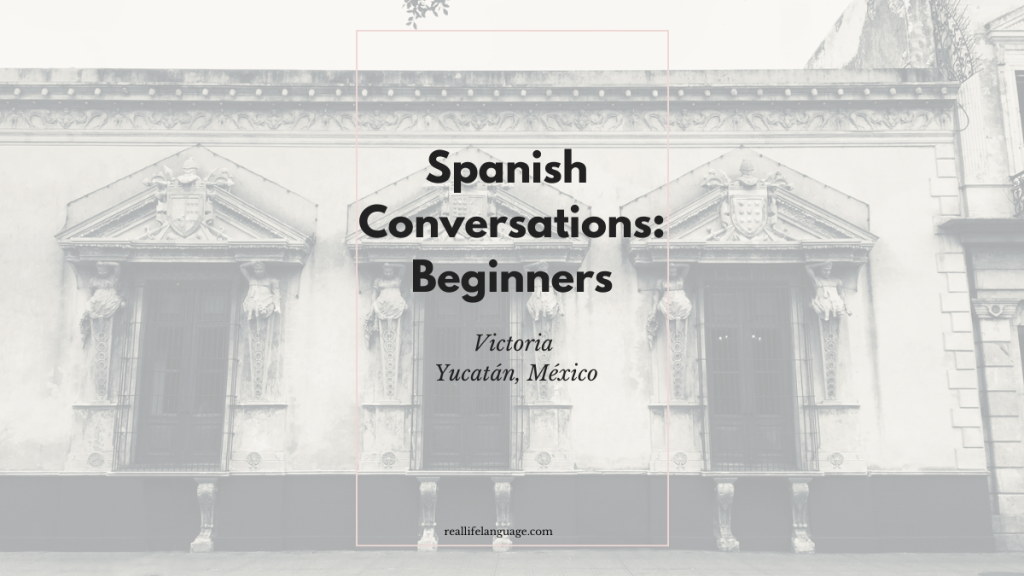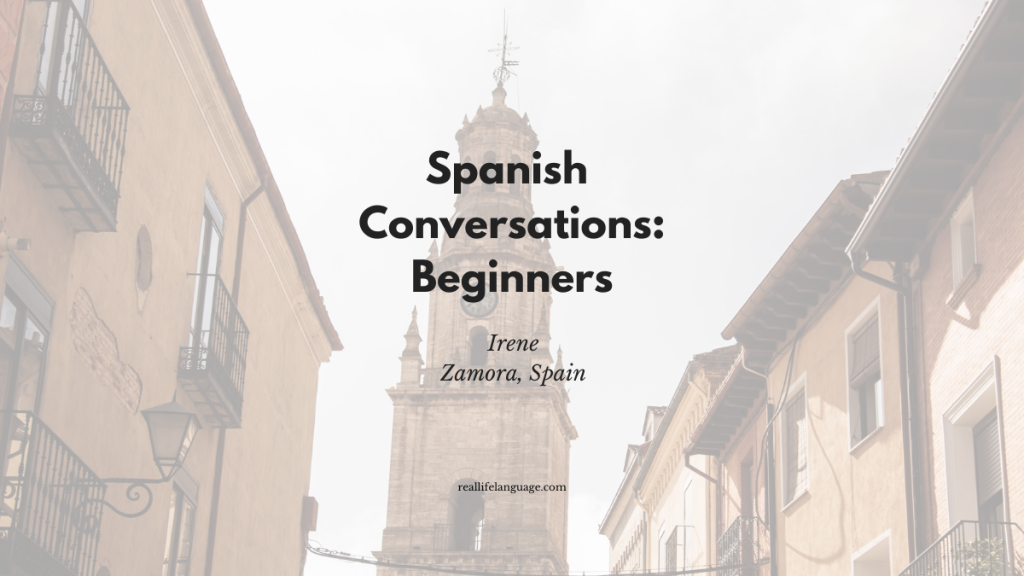
This article draws on a conversation with a guest from Medellín to help beginner learners learn real-life Spanish. It highlights common questions and vocabulary about shopping, sports, family and food—everything a learner needs to feel confident in simple daily exchanges. The original video features a speaker from Medellín, Colombia.
Quick overview
The conversation covers everyday topics: where someone is from, shopping habits, favourite foods, hobbies (especially cycling), and weekend routines. Learners will encounter short, natural expressions used when meeting people and describing daily life.
Key phrases and vocabulary (with English equivalents)
- ¿Cómo te llamas? — What is your name?
- ¿De dónde eres? — Where are you from?
- ¿Dónde vives? — Where do you live?
- Voy de compras — I go shopping
- Centro comercial — Shopping mall
- Pagar en efectivo / con tarjeta — Pay in cash / with a card
- Comprar a plazos — Buy in instalments
- ¿Practicas algún deporte? — Do you play any sports?
- Me gusta el ciclismo / el fútbol — I like cycling / football
- Me encanta la comida peruana / mariscos — I love Peruvian food / seafood
- Los fines de semana — On weekends
- Ir a cenar, salir a bailar, visitar a la abuela — Go to dinner, go dancing, visit grandma
Sample mini-dialogues to practise
These short exchanges mirror phrases from the conversation and are ideal for roleplay.
-
A: ¿Dónde te gusta ir de compras?
B: Me gusta ir al centro comercial Oviedo. ¿Y a ti?
-
A: ¿Practicas deporte los fines de semana?
B: Sí, hago ciclismo los domingos cuando tengo tiempo.
-
A: ¿Cómo pagas normalmente?
B: A veces efectivo, a veces con tarjeta, o a plazos si necesito.
Cultural notes and useful context
In Medellín and many Colombian cities, shopping malls (centros comerciales) are common social spaces. Paying by card is widespread, and some stores offer purchases a plazos (in instalments). While football (soccer) is the most popular sport across Latin America, cycling is especially loved in Colombia—both recreationally and competitively.
Practice tips to help learners
- Repeat the mini-dialogues out loud, switching roles to build fluency.
- Make a short diary entry in Spanish about a weekend: mention shopping, food and any sports activities.
- Use the phrases above to create three questions to ask a classmate or language partner.
- Watch the original conversation and pause after each line to repeat. This helps with rhythm and pronunciation while you learn Spanish.
Conclusion
Everyday conversations like this one are a practical and motivating way to build vocabulary and confidence. Focus on a few phrases at a time, practise with roleplays, and gradually expand your sentences. These small steps are the foundation to effectively learn Spanish and enjoy real-life interactions.
100s of videos to learn Spanish:
https://real-life-language.kit.com/b1531a6404

